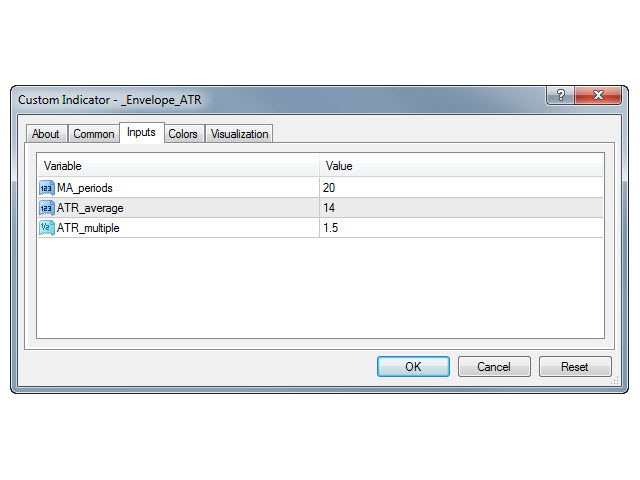

Downloading multiple files throughput - good idea
Right! seems: Downloading multiple files throughput
| Sites to download with bit torrent | 621 |
| Intel core 2 duo drivers free download for xp | 466 |
| Microsoft works for windows 10 free download | 694 |
| HP PROBOOK 640 DRIVER DOWNLOAD | 475 |
Bookshelf
As the scale of data in next generation sequencing has grown, there is a need to understand the engineering and components involved. In downloading data from NCBI, we have found that many sites are not aware of the numerous variables involved in successfully downloading large quantities of data. To assist in having a more successful download process, this best practices guide has been created.
The quantity of data that can be downloaded from NCBI has increased by orders of magnitude. As such, what was once a fairly casual download with ftp or http, now requires significantly more engineering and attention to detail at all points along the way. While NCBI can assist in some of these, many of the issues you will face are “last mile” issues. That is, issues from your organization’s boundary till the point where data is resting on your storage system. The data transfer will only travel as fast as the slowest link, and while this is simple to declare, often times finding that link can be time consuming. The involvement of your network, security, storage and server teams will often be needed, both in your local organization and part of the central IT group.
In downloading the SRA data, file sizes tend toward the very large, that is 30GB – 1TB. This requires engineering the connection crucial to accomplish downloads in reasonable timeframes. With good engineering, rates of 300Mb/sec are common and speeds of 2.5Gbps can be achieved. This can be two orders of magnitude better than is seen with ftp data transfers.
As a guide point, a 1Gb connection can optimally provide downloads of 9TB per day. Real world observations are lower, so with a 1Gb connection you are likely to transfer around 4TB per day.
Quick Start
In order to get best performance, there are a few common problems that should be checked. If these don’t provide sufficient speed, please proceed further down to the detailed version.
- 1.
If you are using the Aspera client, make sure it is the current version.
- 2.
Ensure all your connections and storage are fast enough, capable of passing 500Mbps (or 50 Megabytes/sec). The likeliest culprits for not achieving these rates are the storage subsystem and the local and building network connections.
- 3.
Your organization’s internet connection must provide sufficient bandwidth. For a business, 45Mps is not uncommon, so that will be a limiting factor. Many universities have higher connection rates, from 100Mbps to 1Gbps. You should have at least a 100Mb connections, but for transferring large amounts of data, a 1Gb connection is necessary and a 10Gb connection to a research and education network is preferred.
- 4.
Check firewalls for performance. Older firewalls may support physical connections at 1Gb, but may not pass traffic at expected rates. You will need to do a little research to find the limiting rate. Additionally, for Aspera use, certain ports need to be opened in the firewall so that traffic can pass (in the 33001-33010 range for UDP.)
More detailed version
As in the short version above, you want to make sure all your connections and storage are fast enough, capable of passing 500Mb/sec (or 50 Megabytes/sec). The likeliest locations you will find problems are the storage subsystem and the local and building network connections. With Storage, one of the first things to check is the performance of access to the storage devices. Network access to storage is often one of the first limitations. NFS tends to top out around 300MB per second and Windows at around the same rate, but both are often found to be an order of magnitude less. For linux, tuning can drastically improve the performance, for Windows, an upgrade to Win7 (or Windows 2008) is valuable.
For a business, a 45Mbit internet is not uncommon, so that will be your limiting factor. Many universities have higher connection rates, from 150Mb to 1Gb. That will be your limiting factor.
Older firewalls may connect at 1Gb, but may not pass traffic at the higher rates. An upgrade to a recent firewall (which does not have to be that expensive) can quickly provide the additional bandwidth. Note: for Aspera’s use, certain ports may need to be opened (in the 33001-33010 range for UDP)
The following list (See Figure 1) graphically shows the common points which have an effect on data movement. We will then discuss each point and provide suggestions for testing and improvement.

Figure 1:
Notional Network Connection an Organization to NCBI
NCBI connection points as a reference (these are continually improved to provide good performance):
- 1.
NCBI Storage – High Performance Cluster Storage with multiple 10Gb connections to the NCBI backbone
- 2.
NCBI Network – 10gb connectivity or better to storage and key servers, and 20-40Gb to the core
- 3.
Upload/Download Server – 10gb card with multi-lane PCI and a current multi core processor. Optimized OS settings to support high bandwidth. For linux, see Red Hat tuning guide(1), for Windows the 2008 Tuning Guide(2)
- 4.
Server to Network – 10gb connection to switch
- 5.
NCBI Border – Current technology with 2 – 10gb connections
- 6.
Firewall – Redundant firewalls with 10gb connections
- 7.
Internet II connection – 10gb, Internet I –1gb(3)
- 8.
If you have an internet 1 connection, you will be limited in download performance as we currently have a 1 Gb connection – contact us to discuss Internet II options

-
-